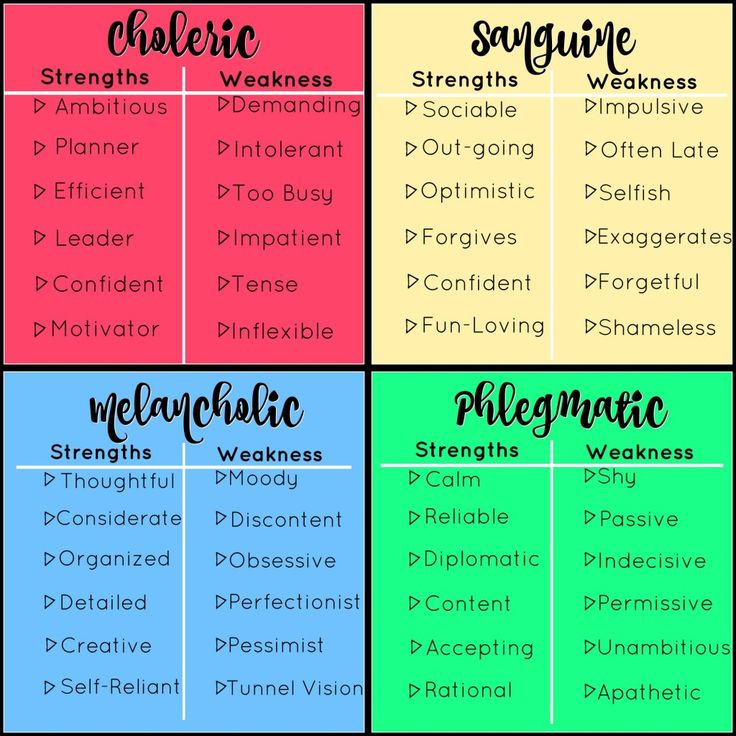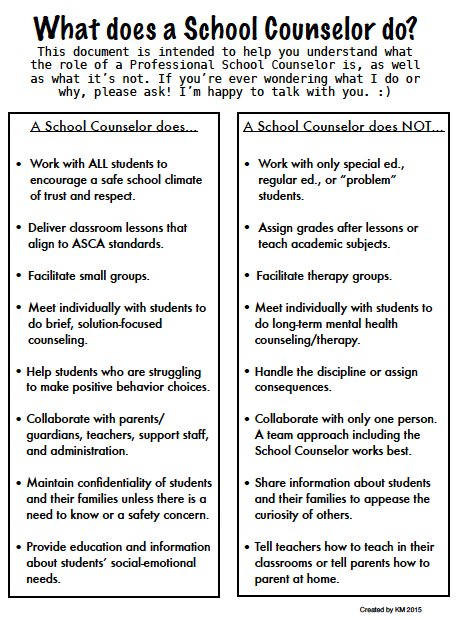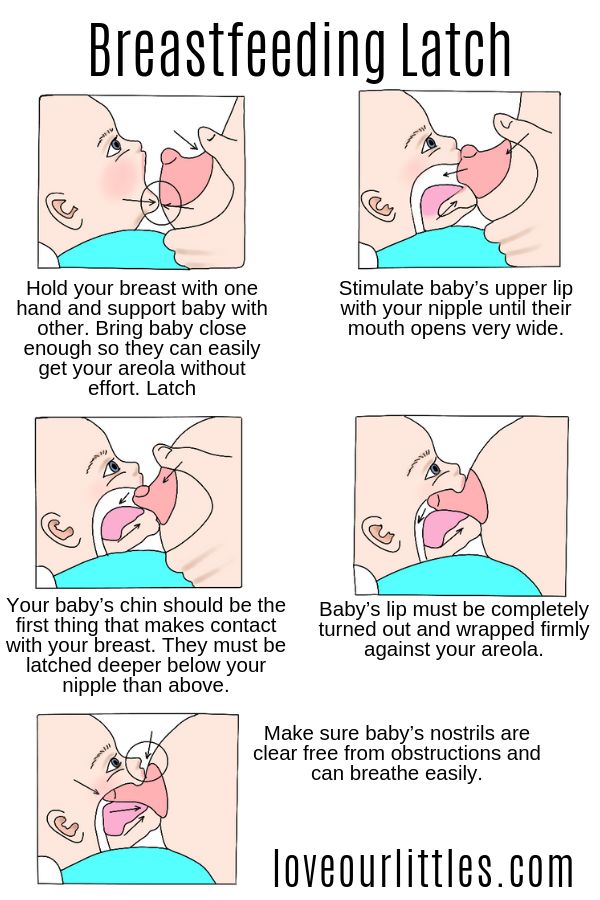Healing fear of abandonment
5 Ways to Heal a Fear of Abandonment
I gathered up the courage to call him shortly after 1:00 in the morning.
“Is everything okay?” I said, my voice wrought with fear and restlessness. “I haven’t heard from you in hours.”
“I was having drinks and ran into a bunch of friends. The time flew by and I forgot to text,” he said. “I didn’t mean to leave you hanging. I just got home.”
A sigh of relief escaped my chest, letting out all of the tension I’d allowed to build over the course of the evening. My disappointment soon turned to guilt.
I could’ve sworn I felt his energy shift in our communication. I was confident that his silence was speaking volumes. I filled this perceived space with worst-case scenario thinking, trying to prepare myself for a breakup. I seriously thought he was going to leave me. Truth is, I’d been down this road before. It’s paved with the best of intentions but the worst of assumptions. And it doesn’t lead anywhere productive.
But my honesty changed all that. By opening up, I allowed my partner at the time to understand how I felt. By opening up, I honored my needs for reassurance and clarity. By opening up, we were able to mend.
And while that relationship ran its course, it showed me that I had the power within me all along. The power to realize there’s nothing wrong with being vulnerable, standing up for my needs, or asking for clarity and reassurance.
Read my blog, 12 Ways to Make an Anxious-Avoidant Relationship Work.
These same realizations are available to you as well. Continue reading below to understand more about fear of abandonment—and how to begin healing from it.
You deserve to know that you’re not alone, that you’re worthy of love, and that you won’t be left.
It starts with you.
A fear of abandonment is a deep-seated fear of being left or cheated on, ending up alone, or not finding someone at all. Most apparent when one becomes vulnerable in an adult romantic relationship, this fear can typically be traced back to a traumatic wounding event in childhood, but in some cases can form later in life as well. While there are many different experiences that can cause a fear of abandonment to develop, it typically takes the form of neglect, abuse, invalidation, inconsistent affection or intimacy, or emotional and/or physical abandonment in our closest connections—sometimes going all the way back to the environment in which we were raised. Here are some specific examples of traumatic events in both childhood and adulthood that can cause a fear of abandonment:
While there are many different experiences that can cause a fear of abandonment to develop, it typically takes the form of neglect, abuse, invalidation, inconsistent affection or intimacy, or emotional and/or physical abandonment in our closest connections—sometimes going all the way back to the environment in which we were raised. Here are some specific examples of traumatic events in both childhood and adulthood that can cause a fear of abandonment:
Your parents divorcing
A parent moving far away
Addiction in the core family unit
A death in the nuclear family
Not knowing one or both parents
Being adopted
Living in foster care
Having a parent tell you directly or indirectly that you’re too sensitive
Feeling that one or both parents are hot and cold
Being raised by someone who provides for you physically but has no time or energy to listen to you, get to know who you are, or sit with your emotions
Generally not feeling understood in your family environment
Dating one or multiple partners who are narcissistic, abusive, or extremely critical
Being cheated on in a current or previous relationship
Dating multiple partners who are inconsistent or to some degree emotionally unavailable
As a coach for people with an anxious attachment style, fear of abandonment comes up every day in my work.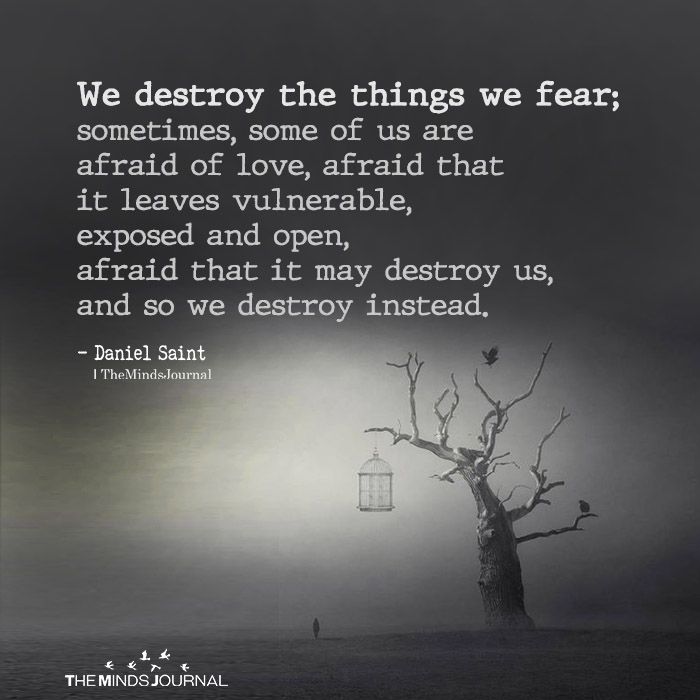 That’s because a fear of abandonment is one of the core components of the anxious attachment style, and it can lead folks to get involved with individuals and stay in relationships that aren’t safe, further exacerbating their abandonment wound(s).
That’s because a fear of abandonment is one of the core components of the anxious attachment style, and it can lead folks to get involved with individuals and stay in relationships that aren’t safe, further exacerbating their abandonment wound(s).
But it doesn’t have to stay that way. Before we dive into ways to heal from a fear of abandonment, let’s explore how it can seriously harm our relationships.
There are three primary ways that a fear of abandonment can harm your interpersonal relationships. They are as follows:
A fear of abandonment can cause self-abandonment
A fear of abandonment can be a self-fulfilling prophecy
A fear of abandonment can lead to a cycle of unfulfilling relationships
These three repercussions of experiencing a fear of abandonment are by no means mutually exclusive. In fact, in many cases, they overlap and feed into one another. Read on to find out how a fear of abandonment can be detrimental to your closest bonds.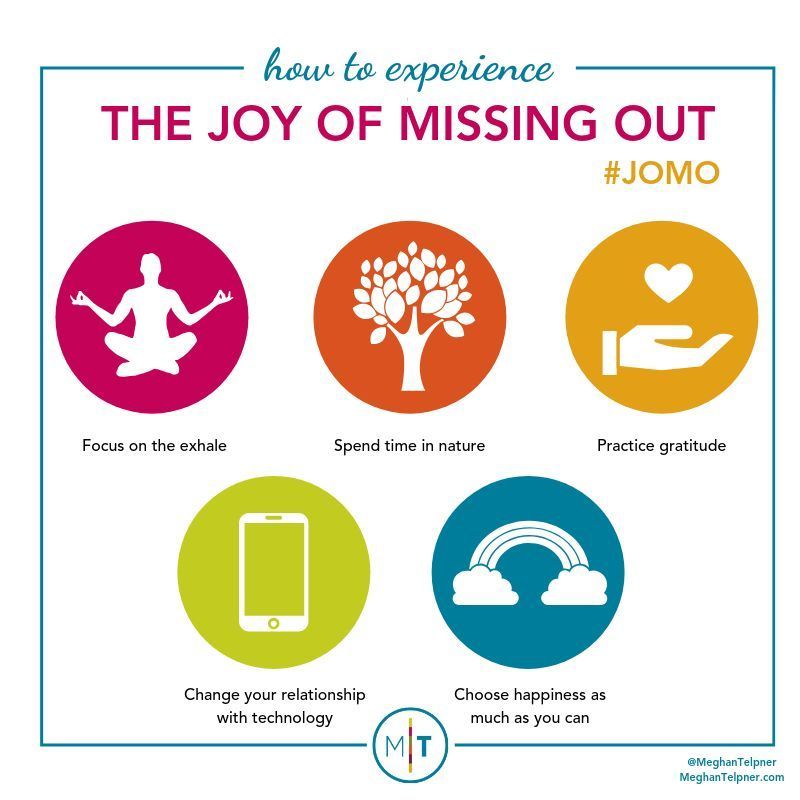
A fear of abandonment can cause self-abandonment
Here’s what many people don’t realize about a fear of abandonment: it can actually lead to self-abandonment. How does this happen? When you are afraid of being left or ending up alone, you’ll do anything to make the relationship work, no matter the cost. As a result, you’ll let most or all of your needs—including physical, mental, emotional, and spiritual ones—fall to the wayside. When you meet someone, you stop taking care of yourself and doing the things that bring you joy and help you live a balanced life. Here are some examples:
If you’re into fitness, you stop working out
If you’re into journaling, you stop writing
If you’re into meditating, you stop seeking stillness
But here’s the thing: When you stop taking care of yourself, you grow restless and resentful. And then you project that resentment onto other people. Mostly because you know deep down that you’re not doing what’s right for you, and that guilt eats you up!
Mostly because you know deep down that you’re not doing what’s right for you, and that guilt eats you up!
Don’t let your fear of abandonment turn into self-abandonment. Keep doing the things you’re passionate about. Invest in activities and habits that are replenishing and rejuvenating to you. Continue to connect with people that you love and appreciate, like your friends and family—and even yourself.
You’ll feel more empowered, confident, and harmonious when you do.
2. A fear of abandonment can be a self-fulfilling prophecy
If you’re afraid of being abandoned, you will do several things that actually bring about the very disconnection you’re seeking to avoid. The first thing you will do is subvert your own needs. As we established above, this is what causes a fear of abandonment to transform into self-abandonment. Also, your fear of abandonment may actually warp your perspective of the world around you. This can make you rely on cognitive distortions like catastrophizing—thinking about worst case scenarios—or personalizing—making somebody else’s behavior about you—causing you to end up looking at the world in a distorted way. This inevitably impacts how you perceive your partner, and you’ll be on high alert as a result.
This inevitably impacts how you perceive your partner, and you’ll be on high alert as a result.
Since you’ve already convinced yourself that your partner is going to leave you or cheat on you, you’ll keep score. You’ll look for any indication or information that they are pulling away and that they no longer care about you. And you will use any action—no matter how small—to justify these beliefs so that you feel in control of the situation. Because your brain can’t tell the difference between perceived danger and actual danger, it feels like you’re unsafe and threatened and so you believe it to your bones.
Due to subverting your own needs and not taking care of yourself—not exercising or journaling or meditating—you have no recourse (or so you think) to get out of this spiral. Your fear has a chokehold on you at this point. Since you’re so afraid of being left, you’ll do anything to keep the peace in the relationship, especially not revealing your feelings, so you never get the clarification you need from your partner because you’re so afraid of pushing them away that you never allow yourself to open up and ask for what you need.
As you can see—and have likely felt firsthand—this is not only exhausting to you but extremely damaging to the relationship you’re desperately trying to save. And it often leads to the relationship unraveling entirely, completing the self-fulfilling prophecy.
As the book Attached: The New Science of Adult Attachment and How It Can Help You Find—and Keep—Love says, “It’s always most effective to assume the best in conflict situations. In fact, assuming the worst, which is typical of insecure attachment styles, often acts as a self-fulfilling prophecy.”
3. A fear of abandonment can lead to a cycle of unfulfilling relationships
One of the most painful parts of a fear of abandonment is having that fear confirmed by one or even several relationships that eventually turn sour. In fact, the more we experience the familiar sting of rejection and abandonment, the more likely we are to expect it to happen in our future relationships. As a result, you’ll be much less likely to approach your new relationships from a place of safety, security, and warmth, and will inevitably come across as cold, critical, or even callous, thereby attracting exactly the kind of connection that you don’t want.
Do your best after each relationship to process what happened and find ways to learn, grow, and advance on your healing journey. Not everyone is going to leave, abandon, or cheat on you. Part of taking back your power means recognizing that you get to choose whom you allow to have access to you moving forward, and therefore that you play a key role in whether or not your future relationships will be aligned with what you need and want. It also means recognizing that you are no longer a powerless child and are a fully-formed adult capable of making powerful, conscious, healing choices.
Spend some time contemplating or journaling on the kind of relationship that you want. Focus on the values and morals that you’re looking for and how you want your future relationship to feel. Hone in on things like a sense of safety and security, clarity and consistency. Start with whatever you felt was missing in your previous partnerships. Then raise your standards to align with this new vision for your future while also addressing any aspects of yourself that might require attention or healing in order to be the kind of partner that person will need.
The first thing you can do to heal a fear of abandonment is to bring the focus back to you. That’s right: you have to learn to consistently take care of yourself! Many people who have experienced the deep pain of abandonment have turned into people pleasers or people who experience codependency. Both scenarios make the other person the priority. They get put on the pedestal while your needs suffer.
If you want to heal, you need to take your power back and shift the focus back to you and what it is that you need. Make sure that you’re meeting your own basic needs like eating nutritious foods, getting a good night’s rest, staying hydrated, exercising your body, and meditating or journaling to process emotions. These things tend to be the first that fall to the wayside if you’re afraid of being left because you’ll do anything to save that relationship. So go on that walk, take that break from drinking, make that dinner for yourself. These things add up.
These things add up.
And they also help you to see that even if your worst fears come true, you’ll always have you.
Additionally, take inventory of your needs, values, love languages, and attachment style. Fall in love with learning about who you are. That way in the future you'll be able to recognize and invest in safe connections, first and foremost with yourself!
2. Find and nurture safe relationships.The second way that you can heal a fear of abandonment is through safe relationships. Those who experience a fear of abandonment have typically experienced extensive trauma, abuse, neglect, and instability in their closest relationships throughout their lives. As an adult who’s looking to heal, it’s imperative that you find and invest in people who actually respect, appreciate, and support you. These relationships help you to see that being left is not the only option—that safety and security are actually possible.
I know you might be thinking, “Chris, I don’t have any safe relationships like that in my life!” And you know what? It’s not uncommon for that to be the case.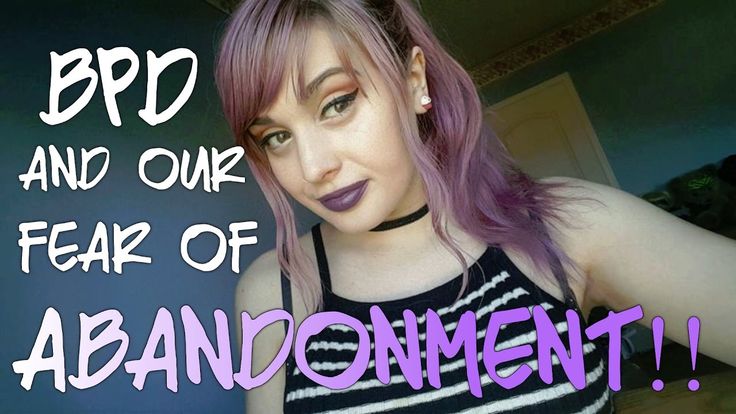 That’s okay.
That’s okay.
Even if you start building a sense of safety in your relationship with a therapist or a coach (like me!), that’s perfectly normal. You could also start with a family member or childhood friend you know is reliable.
The goal is to be able to be your full, authentic self, and express yourself to these people. While this can be incredibly scary for someone who experiences a fear of abandonment, when you allow them to be there for you and to show you that you can open up and not be criticized or invalidated, you start to realize that not all relationships will crush or betray you, or end tragically.
The people you select are totally up to you. But you have to start building safety somewhere—and with folks capable of being there for you in that way.
3. Soothe your inner child.The third way that you can heal a fear of abandonment is by learning to sit with your inner child. When you get triggered, you feel threatened and unsafe.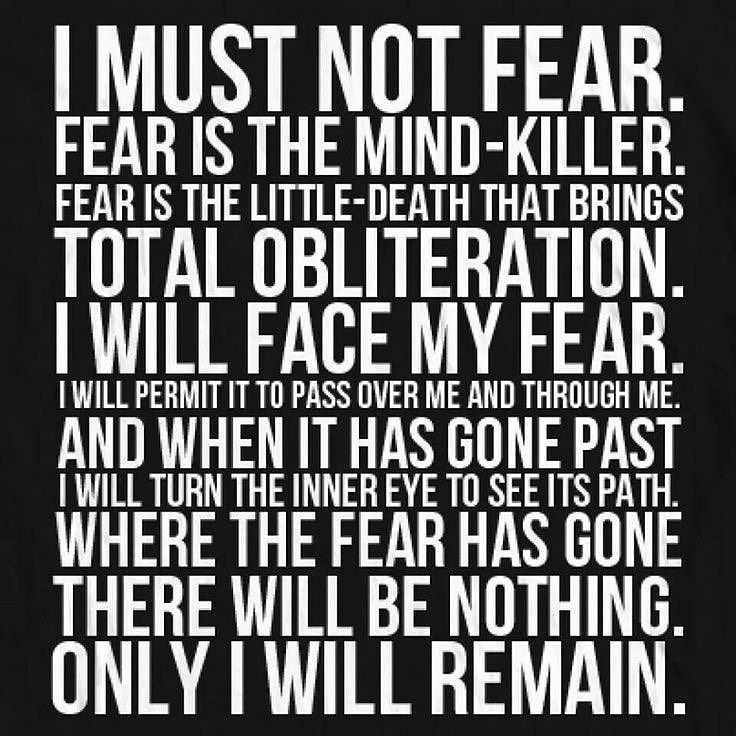 That’s your inner child screaming out for the nurturing and attention and love they never got. You have to learn to sit with and soothe yourself—to remind yourself: I am safe here, no matter what happens. You can do this through reciting affirmations or journaling on your fears or visualizing being comforted—anything that you can do to remind yourself that you’re not in any actual danger and you don’t have to stay in survival mode.
That’s your inner child screaming out for the nurturing and attention and love they never got. You have to learn to sit with and soothe yourself—to remind yourself: I am safe here, no matter what happens. You can do this through reciting affirmations or journaling on your fears or visualizing being comforted—anything that you can do to remind yourself that you’re not in any actual danger and you don’t have to stay in survival mode.
Try having an internal conversation in your mind with a younger or previous version of yourself. Picture them clearly. Sit them down across from you and tell them all the things they never got to hear. Give them the validation, reassurance, and closure they never got. Breathe through the discomfort together and allow the emotions you’re experiencing to be present.
You can also explore nervous system regulation techniques such as cold exposure (try taking a cold shower or washing your hands in cold water!), body movement (focus on stretching, dancing, or yoga!), and breathwork (look into meditative techniques such as box breathing or tapping to assist!).
Find some ways to self-soothe that work for you—and stick with them.
4. Integrate your trauma.The fourth way that you can heal a fear of abandonment is through integrating your trauma. The process of emotional integration simply means looking at some of the most painful events that have ever happened to you and saying: “You know what? They made me stronger. You know what? They didn’t last. And you know what? They’re not all of me, they’re a part of me. It’s something I experienced, but it’s not who I am.”
I find writing and reflection to be the best tools for emotional integration. You can also meditate on some of the most painful things you’ve been through and try to feel any unexpressed emotions associated with those events. Another technique is to write an attachment narrative, or the story of the relationships that influenced how you look at relationships today. A final way to practice emotional integration is through letter writing. In my coaching program, I have my clients write letters of forgiveness. The first letter is to someone who hurt them and the second is to themselves. While they don’t send these letters, it helps them to express deeply repressed emotions and change their perspective on the key events that are still influencing them today.
The first letter is to someone who hurt them and the second is to themselves. While they don’t send these letters, it helps them to express deeply repressed emotions and change their perspective on the key events that are still influencing them today.
Please hear me clearly: Your fear and feelings are NOT facts! While many of us take these at face value and don’t question them, it’s crucial that you learn to feel your fear and feelings while not always acting on them.
So, challenge those negative thoughts and limiting beliefs. Try to make sure that you see the positive or good things in your partner and relationship by proactively practicing gratitude and expressing appreciation for what they’ve done and continue to do for you. Unless you have evidence to prove that they are going to leave or have cheated, you’ve got to find a way to break your harmful beliefs.
It’s also important that you start allowing whatever emotional experience you’re having to be present.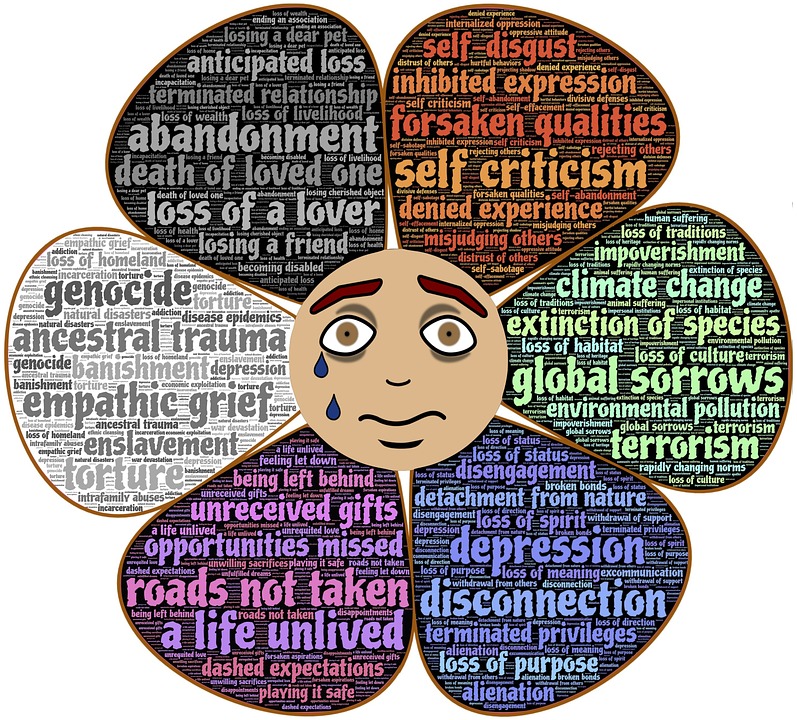 In other words, lean into the discomfort and uncertainty. Accept that it’s what’s happening for you right now and that you don’t need to change it or push it aside. This is the paradox of feeling: the more you allow yourself to feel whatever it is that you’re feeling, the quicker it will actually pass. This can also buy you precious time to calm down and regulate your nervous system. Then, when you’ve reached a calmer, more clear-headed state, you can re-engage.
In other words, lean into the discomfort and uncertainty. Accept that it’s what’s happening for you right now and that you don’t need to change it or push it aside. This is the paradox of feeling: the more you allow yourself to feel whatever it is that you’re feeling, the quicker it will actually pass. This can also buy you precious time to calm down and regulate your nervous system. Then, when you’ve reached a calmer, more clear-headed state, you can re-engage.
Do you constantly worry about whether or not your partner will cheat on you or leave you? Do you keep track of their every move because you don’t feel safe or like you can fully trust? Do you lash out and self-sabotage even when you have no rational reason to believe that they will betray you?
If so, then please know that you are not alone.
As a coach for people with an anxious attachment style, I work with folks all over the world who struggle with these same doubts—with this same fear of abandonment. Together in the safe container of a coaching relationship, I help my clients learn to regulate their nervous systems, release the pain of the past, and rewire their brains to both build and accept a sense of safety and trust in a relationship. In short, I help them reparent themselves.
In short, I help them reparent themselves.
It’s a wondrous process to behold.
Take my former client, Amanda, for example. She had been single for six years and was in and out of situationship after situationship. Nothing seemed to be working out. Every time Amanda seemed to get her hopes up about someone, she felt like the rug was pulled out from under her, and back to the dating apps she crept. This pattern unfolded for so long that she wondered if she’d ever meet someone with whom she could build the future she’d always imagined for herself. When she reached out to me she had already tried several different forms of therapy, read dozens of self-help books, and still struggled to have the kind of connection she wanted. She was at her wits end.
While working with me in the second to last week of my program Amanda ended up going on a date with someone that wasn’t her usual type. She kept an open mind and applied all of the learnings she picked up from our reparenting work.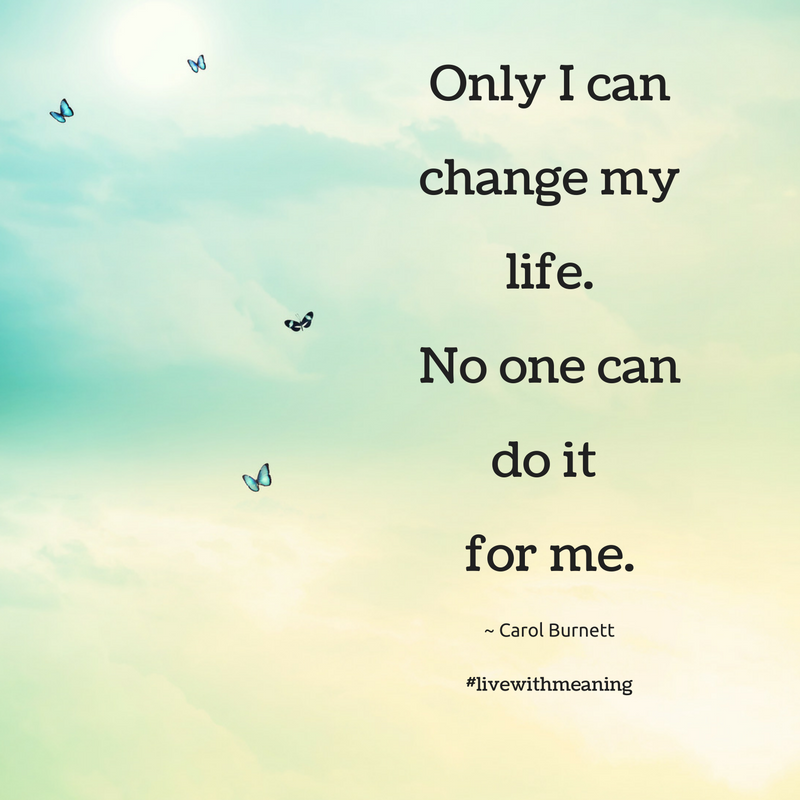 Before she knew it, within a couple of months the two of them made their relationship official. She was over the moon.
Before she knew it, within a couple of months the two of them made their relationship official. She was over the moon.
Amanda and her beau have been together ever since! They care deeply for each other and have created a safe partnership where they are equals and are able to navigate life’s challenges together. They’re currently talking about moving in, getting married, and having kids—everything Amanda struggled to envision that she’d have.
I want you to know that this kind of relationship is possible for you, too! And it exists on the other side of your fear.
Just like with Amanda, this stuff takes work. But if you’re ready to end the cycle of abandonment and see what’s on the other side, I’m ready and willing to embark on the healing journey with you.
Use the form below to set up a quick call with my team.
I’d love to hear more about your journey and how I can help. I can’t wait to hear from you!
4 Tips to Overcome Fear of Abandonment
Fear of abandonment may affect how you experience relationships, but understanding where it comes from could be the key to fulfilling connections.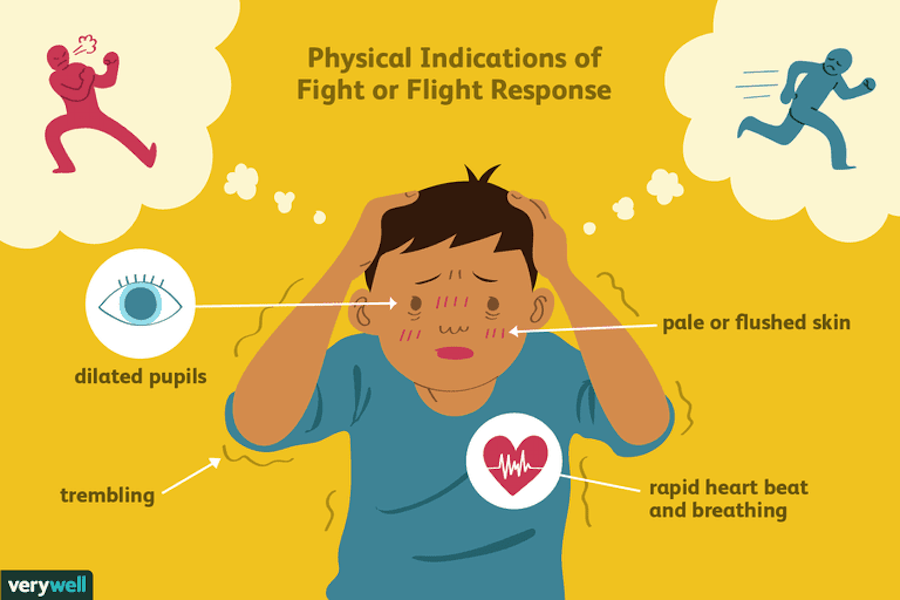
While abandonment anxiety is often painful, you can overcome it.
The first step may be to get to the root of your fear of being abandoned and gain a deeper understanding of yourself that helps you form secure and meaningful connections with others.
It’s natural to fear losing someone you love. But if you persistently worry about others leaving you, even when there’s no evidence they will, you may be living with abandonment anxiety or fear of abandonment.
Fear of abandonment isn’t a mental health diagnosis, but it’s sometimes related to mental health conditions such as borderline personality disorder (BPD).
Fear of abandonment is deeply connected to emotions like shame and anxiety.
In some cases, rejection sensitivity is also linked to mental health conditions that involve fear of abandonment, like BPD and depression.
You may experience fear of either emotional or physical abandonment. Here’s the difference:
- Emotional abandonment refers to emotional distance.
 If you’ve been emotionally neglected in the past by parents, a caregiver, or a partner, you might fear that other people will neglect you too.
If you’ve been emotionally neglected in the past by parents, a caregiver, or a partner, you might fear that other people will neglect you too. - Physical abandonment happens when an important person exits your life. For example, you might live with fear of abandonment today that is connected to a parent leaving in your childhood.
Fear of abandonment may lead you to experience what some people call “commitment issues,” an intense fear of getting permanently close to somebody else.
If fear of abandonment plays a big role in your life or the life of a loved one, it can show up in how you manage your emotions and behaviors.
Emotional signs of fear of abandonment:
- panic or anxiety about being alone or not coupled
- sensitivity to criticism or rejection
- shame and self-blame when something goes wrong in the relationship
- fear of intimacy or closeness
- worry when a relationship seems to be going “too well”
- distrust
Behavioral signs of fear of abandonment:
- using comfort foods or substances to cope when stressed about a relationship
- tendency to pull away physically or emotionally when feeling criticized
- codependency, or placing the needs of a partner over your own
- history of relationships that haven’t supported your mental and emotional health
- tendency to become attached quickly in a new relationship
Children can also show some unique signs of abandonment fear, such as:
- crying when separated from primary caregivers
- stress and withdrawal in new situations
- either more clinginess or more detachment from parents than usual
- anxiety about going to school or day care
It’s natural to have doubts or concerns sometimes in an important relationship. But unlike temporary insecurity, fear of abandonment tends to be a pattern of responses and behaviors that doesn’t go away unless you address it.
But unlike temporary insecurity, fear of abandonment tends to be a pattern of responses and behaviors that doesn’t go away unless you address it.
Fearing others will abandon you may impact your interactions and how you interpret your partner’s reactions and behaviors.
You may feel you have to act a certain way to keep your partner, or you may have trouble being intimate and expressive out of fear of rejection.
In some cases, you may even spend a lot of time looking for flaws in your partner or the relationship.
While this can sometimes lead to the end of the connection, it can also serve as a form of emotional self-defense.
When fear of abandonment overlaps with a personality disorder, your relationships might be more severely affected. Research from 2017 focusing on abandonment fear in people with BPD suggests that women with the disorder were more likely to do things they didn’t want to do — like have sex — for fear of losing their relationship.
Whether your abandonment anxiety stems from childhood events, a personality disorder, or something else, your attachment style likely has something to do with it.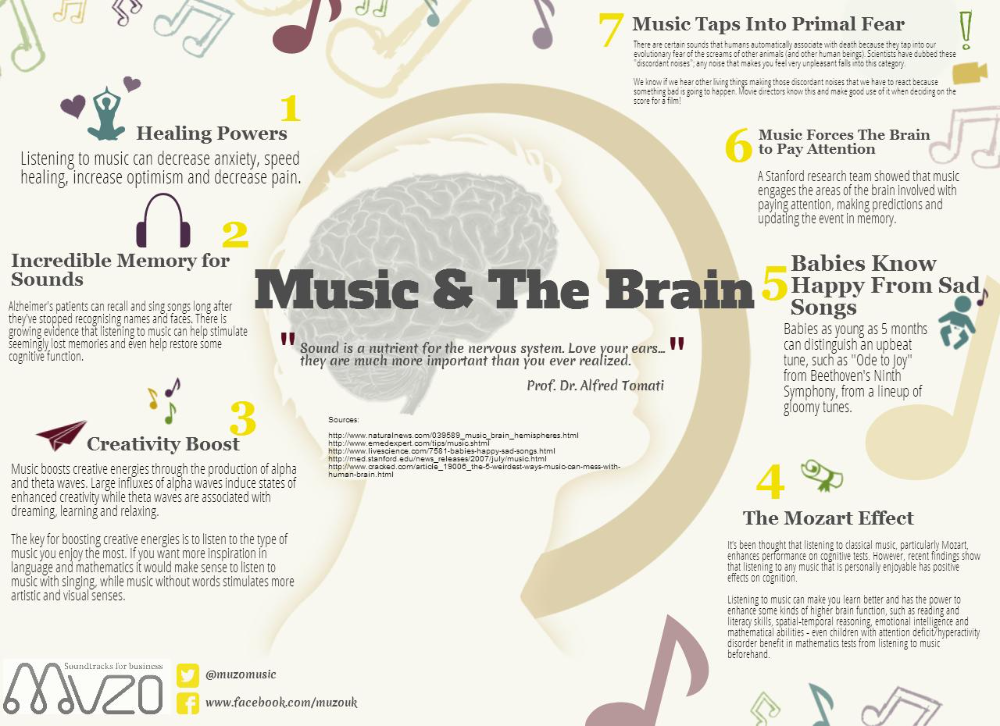
Insecure attachment
Psychologist John Bowlby developed attachment theory, which suggests that the way we connect with our caregivers in early life shapes how we form attachments with people as adults.
Mary Ainsworth, a psychologist who built upon Bowlby’s theory, created categories for different types of attachment style. Today, we generally recognize four types:
- secure attachment
- avoidant attachment
- anxious attachment
- disorganized attachment
Avoidant, anxious, and disorganized are all known as insecure attachment styles, which can make it harder to form close and mutually beneficial relationships.
Research suggests a link between fear of abandonment and insecure attachment styles, especially anxious attachment.
Additionally, a 2015 study involving people with antisocial personality disorder found that avoidant attachment was more common in people with the condition.
Separation anxiety disorder
While separation anxiety is fairly common in young children, you can experience it at any age. Some symptoms of separation anxiety disorder are:
Some symptoms of separation anxiety disorder are:
- fear of being separated from loved ones that isn’t developmentally typical of your age
- recurring worries and distress about losing someone important
- distress when left alone or separated from a loved one
- physical symptoms like nausea, headaches, and stomachaches when thinking about or experiencing separation
Research from 2014 suggests that certain parts of the brain may help explain why abandonment fear is a common part of separation anxiety.
Specifically, having a hyperactive amygdala made people with separation anxiety more tuned to clues that someone was about to leave them.
Trauma and past experiences
Childhood trauma or traumatic events can increase your likelihood of experiencing fear of abandonment in current relationships.
A 2018 study of women who experienced intimate partner violence suggested that childhood sexual abuse increased their likelihood of staying in abusive relationships and dissociating as a coping mechanism — especially when they also had abandonment anxiety.
Trauma may also lead to certain mental health conditions that can cause fear of abandonment, such as complex PTSD and BPD.
Personality disorders
A personality disorder is a condition that affects your thoughts, feelings, and behavior and can make many aspects of your daily life — like your job, self-care, and relationships — more difficult.
Some personality disorders can lead to fear of abandonment, such as:
- Borderline personality disorder. For people with BPD, abandonment anxiety often feeds into unstable relationships and fear of being alone. Research from 2018 highlights that emotional neglect and trauma and genetic traits could be at the root of abandonment fear for those with BPD.
- Avoidant personality disorder. A 2015 study suggests that attachment anxiety and fear of abandonment both play key roles in avoidant personality disorder.
- Dependent personality disorder. Fear of abandonment is a common symptom of dependent personality disorder.
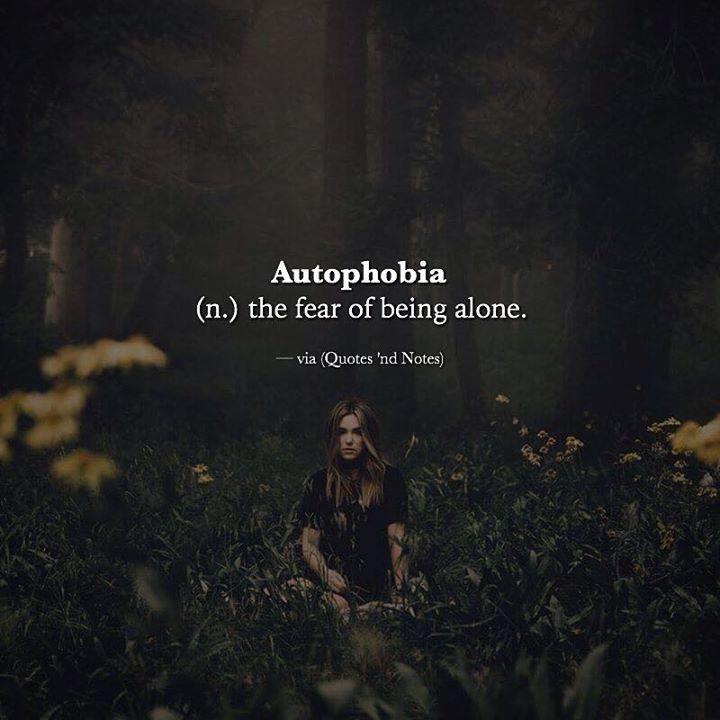 People with this personality disorder are more likely to express this anxiety by trying to stay close to those they’re most connected to.
People with this personality disorder are more likely to express this anxiety by trying to stay close to those they’re most connected to.
Depending on what’s contributing to your abandonment anxiety, you can try different approaches to manage it.
Therapy
A therapist can help you recognize and overcome your fear of being abandoned by empowering you to:
- discover your attachment style and how it impacts your relationships
- learn how to form secure attachments with others
- develop your emotion regulation skills
- find out whether a personality disorder or anxiety disorder is causing your abandonment anxiety
- heal from trauma or childhood experiences that contribute to your fear of abandonment
Talk therapy with a professional you trust can help with fear of abandonment in multiple ways.
You might find that healing also takes place through the process of participating in the therapeutic relationship itself.
Some specific types of therapy may be especially helpful for sorting out where your abandonment anxiety comes from and how to cope with it:
- Dialectical behavior therapy (DBT).
 In DBT, you can learn emotion regulation skills and self-soothing techniques. It’s also a common treatment for BPD.
In DBT, you can learn emotion regulation skills and self-soothing techniques. It’s also a common treatment for BPD. - Emotionally focused therapy (EFT). EFT focuses on helping you identify your attachment style and how it influences the way you relate to others.
- Psychodynamic therapy. This approach could help you manage some personality disorders, including BPD. Psychodynamic therapy may also help you recognize behavior patterns linked to your abandonment anxiety.
Self-discovery
Learning about yourself can help you identify how abandonment anxiety impacts your thoughts and actions — and, as an extension of those things, your relationships.
While self-discovery is often a part of therapy, you can also practice it on your own by:
- keeping a log of your feelings and events that might be causing them
- curiously checking in with yourself when you feel a surge of emotion — you can start with something like, “Wow, this is a strong feeling.
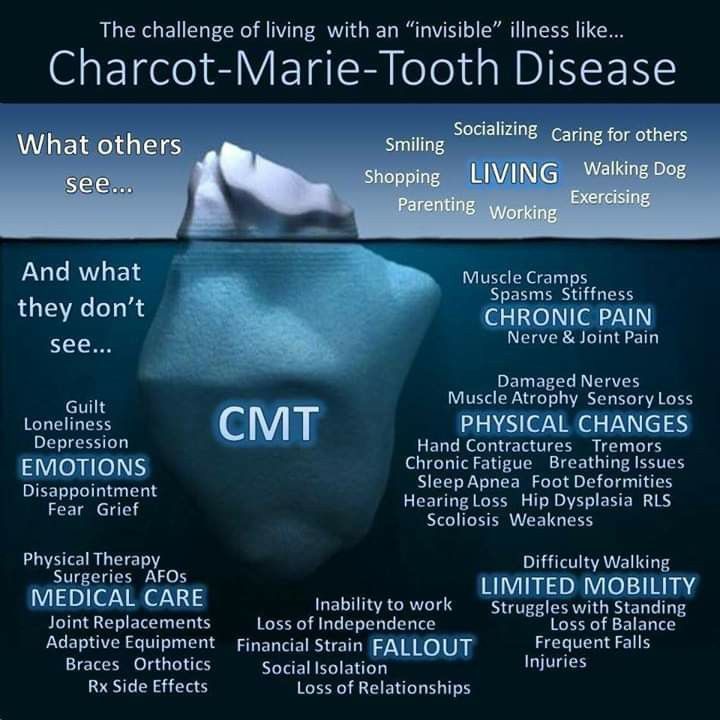 What memories or fears could be at the root of this?”
What memories or fears could be at the root of this?” - reading up on attachment theory and considering what attachment style you’ve developed
- using a workbook (like this one) to identify situations that induce your fear of abandonment so you can be better prepared with coping techniques
Support groups
Community and connection can be important parts of healing from trauma.
You might find a support group helpful if you:
- experienced a traumatic abandonment in the past
- grew up with emotionally unavailable or distant parents or caregivers
- find yourself repeating patterns in relationships that you’d like to change
Some support groups for abandonment fear are local, and many focus on abandonment in the context of romantic relationships. You can also check out this online community.
Self-compassion
Self-compassion, a way of viewing yourself first with kindness instead of judgment, can help you combat shame and other thoughts that might come up alongside your abandonment anxiety, like:
- “I’m not good enough for my partner.
 ”
” - “I deserve to be left on my own.”
- “I’m not loveable.”
It can take time to build up self-compassion. A couple of ways to practice are by challenging negative self-talk and by using mindfulness meditation.
Fear of abandonment can cause distress in your life and impact your relationships. Trauma, attachment style, and personality disorders may all contribute to this anxiety.
Overcoming abandonment anxiety often involves recognizing how thoughts and feelings influence your behaviors. With the right approach and support, your chances of overcoming this fear are promising.
Fear of being abandoned: how the family creates problems for children
"Patterns of adult behavior are laid in childhood" - as psychologists say. But, alas, this does not prevent even current parents from using "grandfather's" methods of education. Blogger Timur Lebedev tells the story of student Ruslan (not his real name) to show how much responsibility for upbringing lies with parents.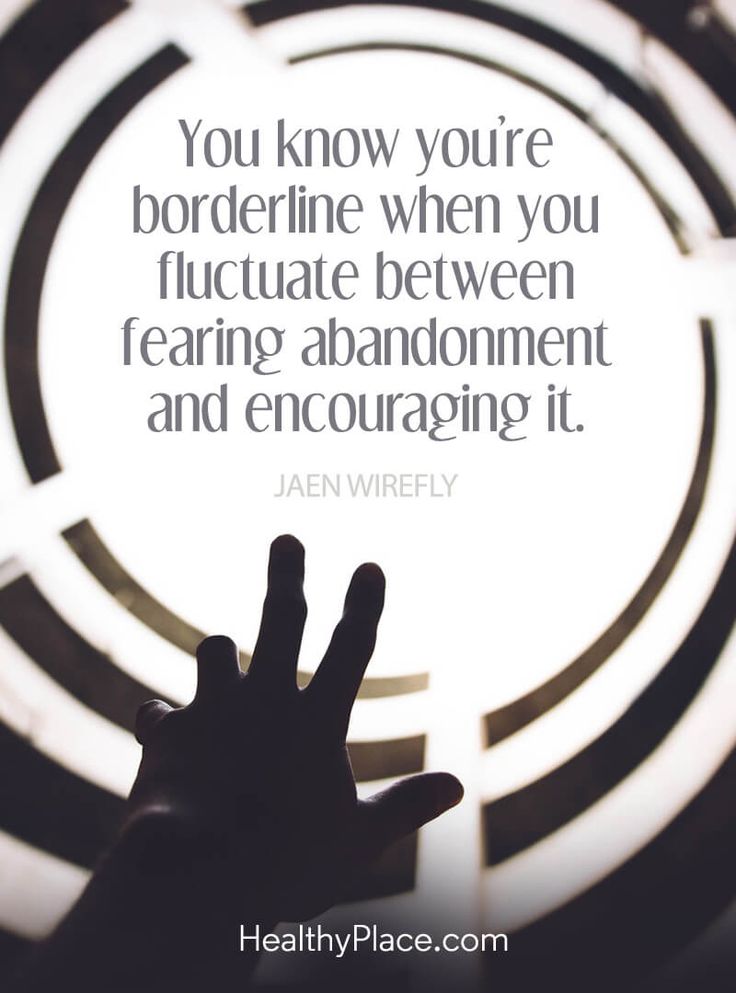
Ruslan's father is stern: everything he didn't like was forbidden and severely criticized, everything he liked was encouraged. The mother was emotionally unstable: on one day she could help and support, on the other she could accuse and be offended in a rude way. She often resorted to violence (as, by the way, did her father), not only physical, but also emotional. Accusations, insults and reproaches made the child feel guilty, thanks to which the mother achieved the desired behavior. All this was aggravated by the birth of a sister, when Ruslan was three years old: in disputes, parents always took the side of their sister, the father in general was much softer towards her than towards Ruslan. nine0005
Do what you have to do and we will love you. If Ruslan did "not the right way", aggression and the imposition of a sense of guilt appeared. Emotional instability in the family, blurred boundaries of responsibility - little Ruslan could not know exactly what else his parents might be offended about or angry at. This led to constant anxiety. Anxiety is born out of fear. In the case of our hero, the fear of being abandoned.
This led to constant anxiety. Anxiety is born out of fear. In the case of our hero, the fear of being abandoned.
The child never knew if they would “leave” him today, and the grounds for such fear were in parental inconstancy
Due to the lack of a priori love, Ruslan developed the pattern "I'm worthless unless I prove otherwise." So self-esteem is closely associated with the evaluating society, which in the future may be expressed in a lack of self-confidence.
Another pattern that arose in the hero is “attachment = danger”. It was attachment that indirectly became the cause of the "fear of being abandoned." It's simple: no attachment - no fear, loss does not lead to feelings. Because of this pattern, Ruslan, already at a conscious age, became an addict of avoidance (a person addicted to love who intentionally avoids it - author's note). He emotionally distanced himself from girls in every possible way, could flirt with others in parallel (and actively), did not experience any feelings in case there was a separation. However, the very first emotionally saturated relationships revealed a problem: subjective experiences (anxiety, resentment) and objective reality diverged significantly. This prompted him to come to a psychiatrist, thanks to which we can describe his life story (with his consent). nine0005
However, the very first emotionally saturated relationships revealed a problem: subjective experiences (anxiety, resentment) and objective reality diverged significantly. This prompted him to come to a psychiatrist, thanks to which we can describe his life story (with his consent). nine0005
After sitting and thinking about this story, I found many similarities with my own life. Remarkably, Ruslan and I are the same age (19 years old). The younger brother appeared in my life at the age of five. I remember very well how jealous he was of his parents. Criticism in an unpleasant form, sometimes unfounded. The same feeling of anxiety from attachment...
So it turns out that crippled adults grow up. On the one hand, parents have a huge responsibility for raising children. On the other hand, blaming them for all your failures is also not true, they were in approximately the same conditions, if not worse. Yes, parents can indirectly influence, but this does not mean that everything should be left as it is. Recognizing a problem is the first step towards solving it. nine0005
Recognizing a problem is the first step towards solving it. nine0005
Illustration: Shutterstock (Archv)
Fear of abandonment: what it is and how to overcome it
The fear of abandonment is real. It is a complex psychological phenomenon and is thought to be related to childhood trauma or loss. Fear of abandonment has been studied from a variety of perspectives.
Theories as to why adults develop fear of abandonment include traumatic interruptions in the normal development of the young child's mental and social abilities, old relationships and life experiences, and exposure to certain norms and ideas. nine0005
Although not officially considered a phobia, the fear of abandonment is by far one of the most destructive fears of all. People who live with this fear tend to exhibit thought patterns and compulsive behaviors that negatively impact their relationships. This eventually leads to rejection becoming a reality. This fear of being abandoned can be devastating to a person's life. To solve this problem, you must first understand this feeling. nine0005
To solve this problem, you must first understand this feeling. nine0005
Contents
- 1 What is the fear of abandonment?
- 2 Fear of abandonment: types and examples
- 2.1 1. Fear of emotional rejection
- 2.2 2. Fear of abandonment in children
- 2.3 3. Letting go of anxiety in relationships Where does
- come from?
- 4 Fear of abandonment: symptoms
- 5 Fear of abandonment causes
- 5.1 1. Leaving problems in relationships
- 5.2 2. Avoiding personality disorders
- 5.3 3. Borderline personality disorder
- 5.4 4. Anxiety disorder
- 6 Fear of abandonment: 10 tips for problem solving
What is the fear of being abandoned?
Fear of abandonment is a huge worry that family, friends and people close to you will leave you and leave. This fear may come from a traumatic experience you had as a child, or from a relationship that has been troubled lately. nine0005
nine0005
If you have a fear of abandonment, it is almost impossible to have a healthy relationship. It's a paralyzing feeling that can cause you to push yourself away to avoid hurting other people, or it can cause you to intentionally sabotage relationships.
The first step you need to take to overcome your fear is to understand the reason why you feel the way you feel. Then you can resolve your fears with therapy or on your own. However, this fear of being abandoned can also be caused by a personality disorder that needs to be treated. nine0005
Fear of abandonment: types and examples
You may be afraid that someone you truly love will leave you physically and never come back. You may be afraid that someone will ignore your emotional needs. Any of these will keep you in a relationship, whether it's with a parent, husband, partner, or friend. Here are three types of rejection:
1. Fear of emotional rejection
This is less obvious than physical abandonment, but that doesn't mean it's less traumatic.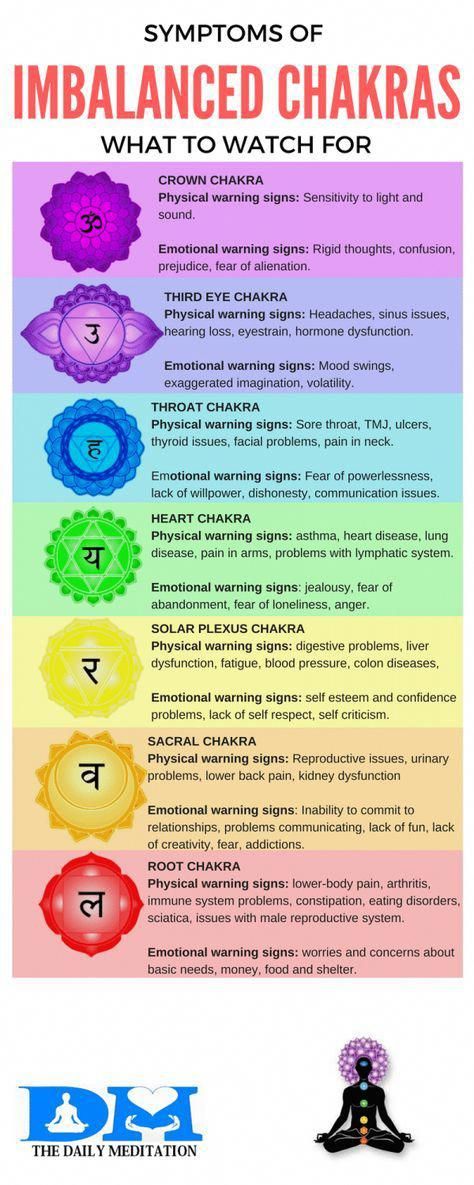 We all have emotional needs. When these needs are not met, we may feel unloved, unappreciated, and disconnected. We can feel very lonely even when we are in a relationship with someone who is physically present with us. nine0005
We all have emotional needs. When these needs are not met, we may feel unloved, unappreciated, and disconnected. We can feel very lonely even when we are in a relationship with someone who is physically present with us. nine0005
If you have ever experienced emotional rejection in the past, especially as a child, you may live in constant fear that it will happen to you again.
2. Fear of abandonment in children
It is absolutely natural for babies, toddlers and children to experience the separation stage. They may scream, cry, or refuse to let go when their parents or guardians have to leave them with someone they don't know. It is difficult for children of this age to understand that a person will return. Once they begin to understand that loved ones are returning, they learn to outgrow their fear. For most children, this happens by their third birthday. nine0005
3. Letting go of anxiety in relationships
You can petrify yourself to allow yourself to be vulnerable in relationships.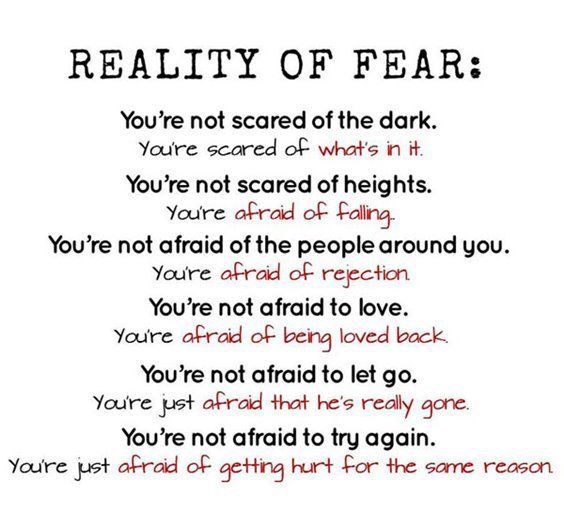 You may have trust issues and worry too much about your relationship. This can make you unnecessarily suspicious of your partner. After a while, your anxieties can make your partner back off, make excuses, and make you even more paranoid.
You may have trust issues and worry too much about your relationship. This can make you unnecessarily suspicious of your partner. After a while, your anxieties can make your partner back off, make excuses, and make you even more paranoid.
Where does the fear of being abandoned come from?
As children, people may have experienced rejection, trauma, or real loss that made them feel insecure and distrustful of the world at large. These traumas and losses can have dramatic consequences for a child, such as neglect, the death of a loved one, or physical and emotional abuse. nine0005
However, they can also occur at a much more subtle level. Common things, such as everyday communication between parents and children, can affect the child's psyche. Children need to feel that they are seen and taken care of when they are upset in order to feel safe. However, it has been said that even the most considerate parents are attuned to their children only 20-30% of the time.
This is why understanding whether they were securely attached to their parents and how their parents are related to them can give people an idea of how they see relationships in the main.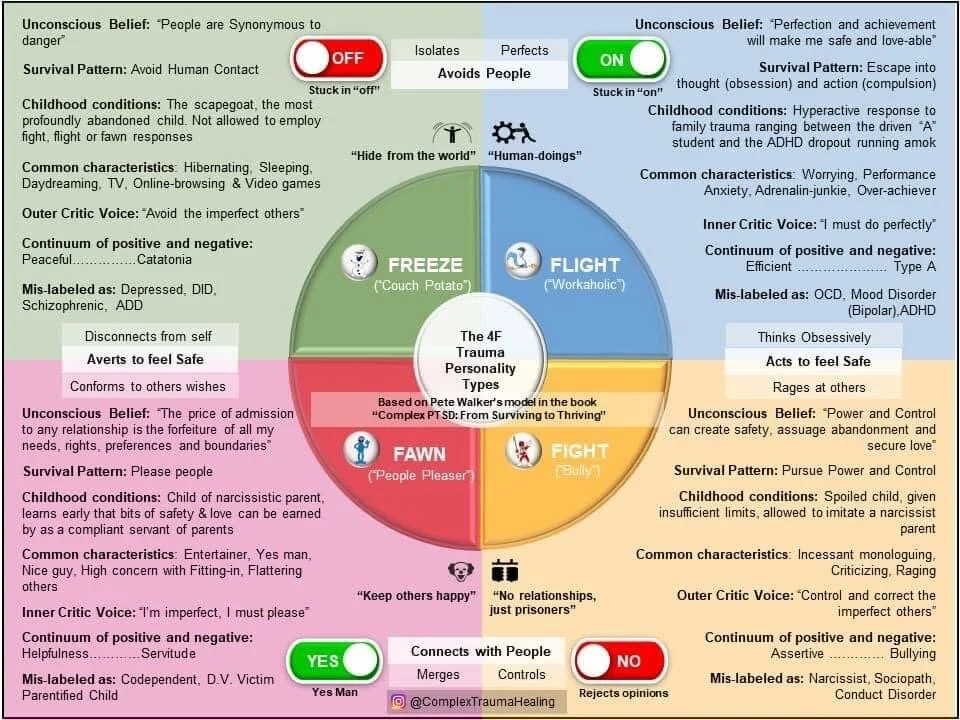 nine0005
nine0005
Safe investments can be formed when caregivers make themselves available at all times and are attuned to the needs of the child. From infancy, children learn to behave so that their caregivers meet their needs.
A parent who is present and attentive to a child's needs one moment and then dismisses them and is completely unavailable the next can cause the child to be "emotionally hungry." This can lead to the child developing an anxious attachment to his loved ones. nine0005
Children who are prone to this type of attachment grow up to feel insecure. They cling to their parents to try and meet their needs.
Fear of abandonment: symptoms
If you have a fear of abandonment, you may have some of these signs and symptoms:
- You have difficulty establishing relationships.
- You find it difficult to trust others.
- You are too sensitive to criticism.
- You have a habit of getting into unhealthy relationships. nine0037
- It's hard for you to make friends if you're not 100% sure you like them.
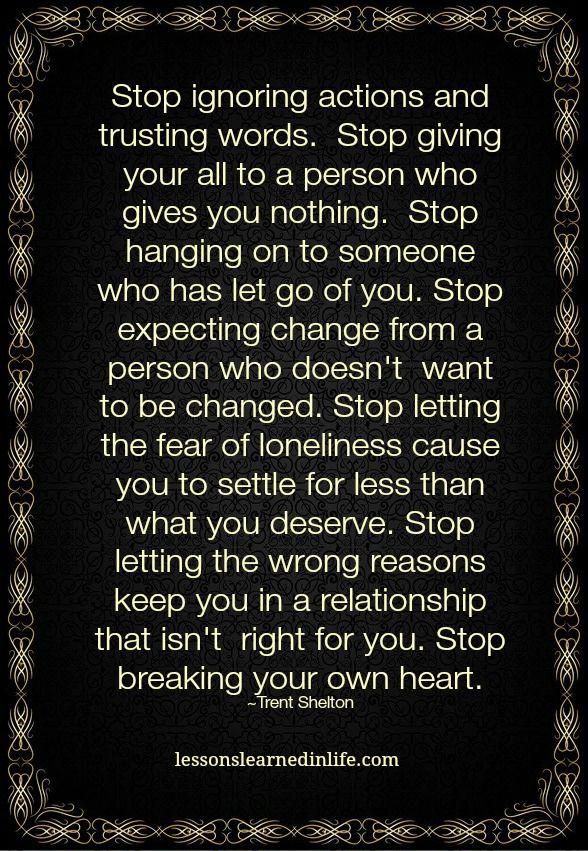
- You blame yourself when things don't work out.
- You take ridiculous measures to avoid separation or rejection.
- You attach too quickly to others and then move just as fast.
- You work too hard to please other people.
- You try your best to maintain relationships, even if they are toxic to you.
Fear of being abandoned causes
1. Relationship abandonment problems
If you are afraid of being abandoned in your current relationship, it may be because you were physically or emotionally abandoned in the past. Here are some examples:
- You may have experienced parental neglect.
- As a child, you may have experienced desertion or the death of a parent or guardian.
- You have gone through a long-term illness of a loved one.
- You may have been rejected by your friends and peers. nine0037
- Your partner may have left you suddenly and without explanation or has been acting insecurely.
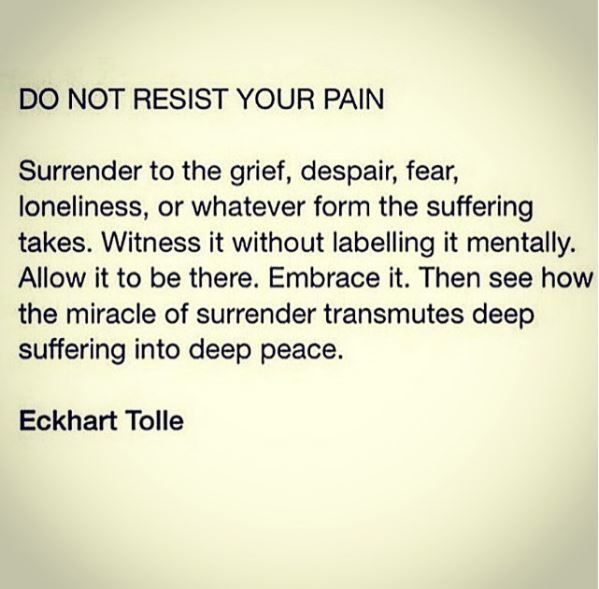
2. Avoid personality disorder
This personality disorder involves feelings of social oppression or inadequacy. Here are some signs and symptoms:
- You are always nervous.
- You have poor self-esteem.
- You have a strong fear of being rejected or judged.
- You are uncomfortable in social situations.
- You avoid group activities and self-impose social isolation. nine0037
3. Borderline personality disorder
This is another personality disorder in which a severe fear of abandonment plays a role. Signs and symptoms include:
- You are always in an unstable relationship.
- You have a distorted idea of yourself.
- You are extremely impulsive.
- You have inappropriate anger and mood swings.
- It's hard for you to be alone.
People with borderline personality disorder were most likely to have been physically or sexually abused as children. Some grew up with intense conflict or received it from family members with the same condition. nine0005
Some grew up with intense conflict or received it from family members with the same condition. nine0005
4. Anxiety Disorder
If a child does not outgrow separation anxiety, it may interfere with daily activities. Mostly these children have separation anxiety disorder. Some signs and symptoms of this separation anxiety disorder include:
- They are having panic attacks.
- They are grieved at the thought of being separated from their loved ones.
- They refuse to leave home without a loved one.
- They refuse to stay at home alone. nine0037
- They have nightmares of separation from their loved ones.
- They experience physical problems such as headaches or stomachaches when they are separated from their loved ones.
Adolescents and adults can also have separation anxiety disorder.
Fear of abandonment: 10 tips for problem solving
- Stop judging yourself. Fear of abandonment is an involuntary emotion.
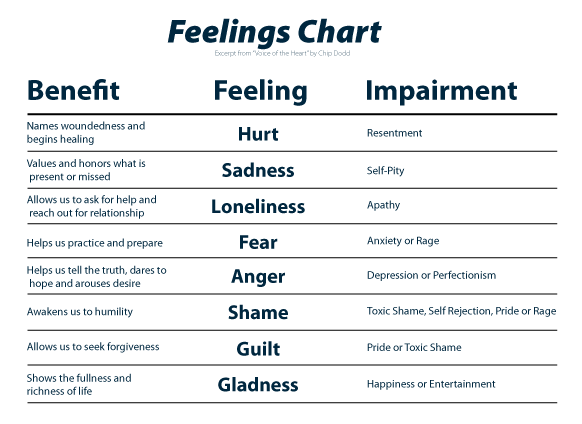 You didn't create it. It's not what you wanted or subscribed to. He found you, and now he won't let go. nine0037
You didn't create it. It's not what you wanted or subscribed to. He found you, and now he won't let go. nine0037 - Accept that this fear is part of being human. Give yourself unconditional love and compassion instead of judging yourself as "weak".
- Take 100% responsibility when your fear breaks through. Don't expect your partner to "fix it" (even if you feel like they caused it).
- Promise to use the fear of abandonment as a chance to develop emotional self-confidence.
- Approach your partner with self-confidence born of self-responsibility. nine0037
- Start actively working on restoring abandonment. Focus on your own emotional needs so you don't have to depend on your partner to do it.
- Understand that it is no one else's responsibility to make you feel loved and protected. The minute you expect your partner to provide a solution, you give away your power.
- Accept yourself. The road to emotional self-confidence is often slow, steady, and sporadic.
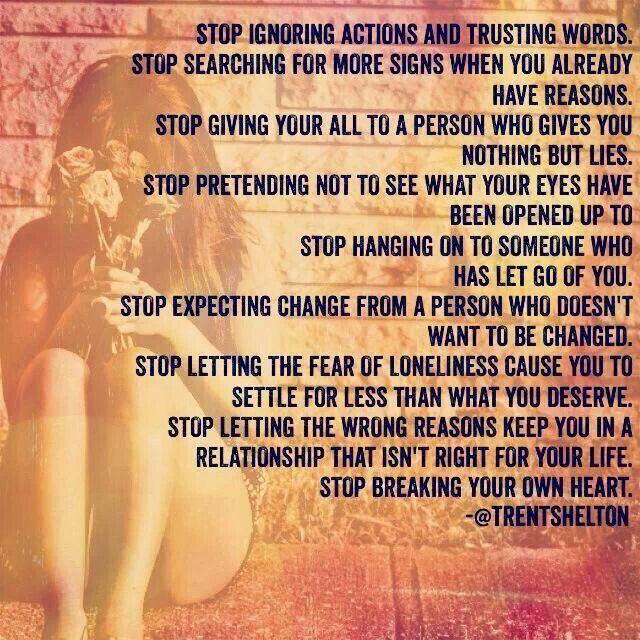 nine0037
nine0037 - When you start looking for a partner for confidence, just learn to redirect!
- Turning this fear into emotional self-confidence requires a radical acceptance of your separateness as a person. This allows you to stop putting fear and insecurity at your partner's mercy and take full responsibility for your own needs.
How not to overcome the fear of abandonment
- You don't have unrealistic expectations from your partner. Wanting too much too soon can ruin a relationship. You can always overreact and need, which will make you feel less amazing. nine0037
- Don't try to hide your feelings. Your insecurities may haunt your partner, so try to resolve them without pretending they don't exist.
- Don't try to push your partner to make you feel safer. This will increase the pressure on the relationship and decrease the reciprocity factor.
- Don't try to disguise your emotional suckers as anger or shyness.
- Do not try to hide your identity.
 In trying to save your relationship, you may lose your authenticity. nine0037
In trying to save your relationship, you may lose your authenticity. nine0037 - Don't make your partner feel emotionally responsible for you. This will create a terrible dynamic where you need them more than they need you. As the chasm widens, your despair will intensify, creating a vicious circle.
- Don't hate yourself when you feel your partner is driven by your insecurities. Do not panic! You have the ability to flip it!
How to overcome the problems of abandonment from childhood
Here are some tips on how to control your fear of abandonment associated with childhood incidents:
- Believe that you are worthy of love.
- Understand your fear in order to control your fear.
- Understand that some level of fear will always exist.
- Use self-talk to replace fear with positive feelings and thoughts.
- Accept that being alone is okay.
- Don't chase the emotionally unavailable. nine0037
- Find your tribe, build a support network.

